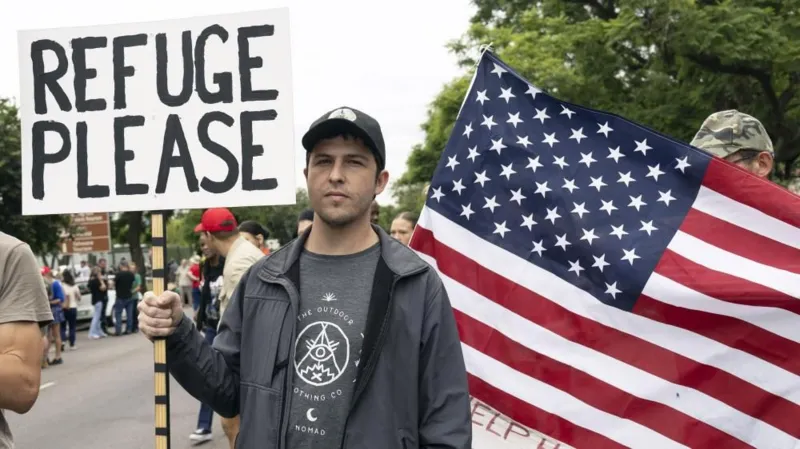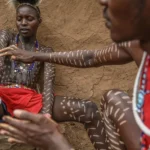In recent months, the United States has announced a plan to accept certain white South Africans, specifically Afrikaners, as refugees amid ongoing concerns over violence, economic instability, and perceived threats to their safety in South Africa. This move has sparked a heated debate both within South Africa and internationally, with the South African government and civil society voicing strong criticisms and concerns over the implications.
Background of the U.S. Refugee Proposal
The U.S. government’s proposal aims to provide sanctuary to white South Africans who feel increasingly unsafe amid rising crime rates and economic hardships. Advocates argue that Afrikaners, with their distinct cultural identity and historical roots in South Africa, face unique threats that merit special consideration under refugee laws. The plan emphasizes humanitarian grounds, citing reports of violent crimes and property theft disproportionately affecting white farmers and Afrikaners.
South African Government’s Rejection and Criticism
South Africa’s government has firmly rejected the U.S. proposal, asserting that it undermines the country’s sovereignty and promotes racial division. Minister of International Relations and Cooperation, Naledi Pandor, criticized the plan, stating, “South Africa is a democracy committed to non-racialism. The suggestion that a specific racial group should be given refugee status is divisive and undermines our principles of equality.”
Critics within South Africa argue that the U.S. plan risks reinforcing stereotypes and misconceptions about the country’s crime problem, which, while serious, affects all demographics and is not limited to Afrikaners or white farmers. They emphasize that the narrative of targeted violence against white South Africans has been exaggerated by some media outlets and interest groups, potentially fueling racial tensions.
Concerns Over Racial and Political Implications
Many South African officials and civil society organizations express concern that the U.S. initiative could deepen racial divisions and undermine efforts towards racial reconciliation. South Africa’s post-apartheid government has long prioritized building an inclusive society, and critics fear that recognizing Afrikaners as a persecuted group could be perceived as endorsing racial preferences or privileges.
Furthermore, some analysts warn that the move might create a precedent that could be exploited by other groups seeking special treatment, complicating diplomatic relations and domestic social cohesion.
The Reality of Crime and Safety in South Africa
While acknowledging the challenges South Africa faces, including high crime rates, experts caution against framing the issue solely along racial lines. According to the South African Police Service, the country experiences high levels of violent crime, but these are often linked to broader socio-economic factors such as poverty, unemployment, and inequality.
Research indicates that farmers, regardless of race, are vulnerable to crime, and the government has implemented various initiatives to improve safety, including increased police patrols and land reform programs. Critics argue that the U.S. proposal oversimplifies complex social issues and risks stigmatizing entire communities.
International Reactions and Broader Context
The international community remains divided on the issue. Some Western nations sympathize with the plight of Afrikaners, citing their cultural and historical ties to the land, and see the U.S. plan as a compassionate response. Others warn that such policies could exacerbate racial tensions and undermine efforts towards social cohesion in South Africa.
South Africa’s stance reflects a broader concern about the potential for racialized refugee policies to influence domestic politics and social harmony negatively. The government continues to advocate for addressing safety and economic challenges through domestic reforms rather than selective refugee programs.
Conclusion
The debate over the U.S. plan to accept white Afrikaners as refugees underscores complex issues of race, safety, and sovereignty. While concerns about violence and economic hardship are valid and require attention, South Africa’s government emphasizes the importance of unity and non-racialism. As the international community watches, the situation highlights the delicate balance between humanitarian aid and promoting racial and social cohesion in a diverse society.
Email Us on editorial@nnafrica.com













